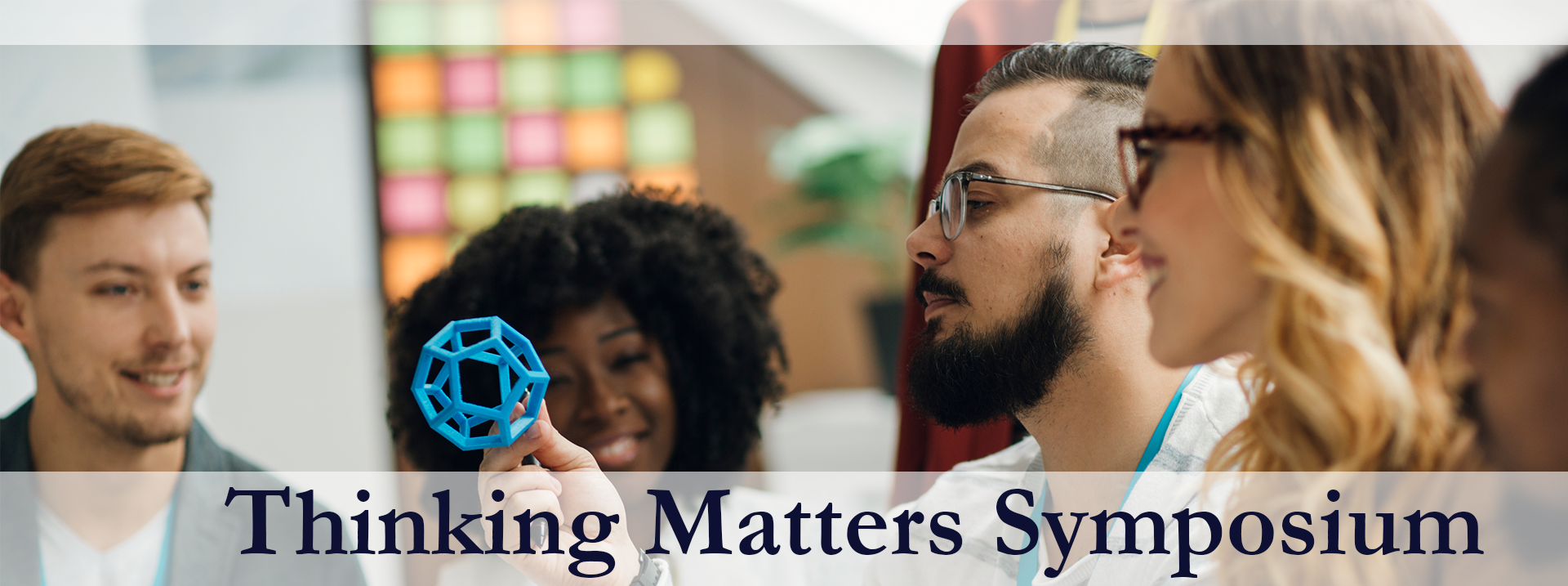Date
Spring 2018
Document Type
Poster Session
Department
Exercise, Health, and Sport Sciences
Advisor
Travis Parent MS, ATC, CSCS
Keywords
concussion, brain injury, rehabilitation, University of Southern Maine, Thinking Matters Symposium
Abstract
Recent research has come out to suggest that a prolonged resting period after a concussion may not be the most beneficial way to recover. Many doctors of physical therapy seem to have a consensus that athletes that acquire a sports-related concussion should seek treatment through body movement, not the typical resting and abstaining from exercise protocol. Recent research has shown that vestibular and physiotherapy will reduce the recovery time after a concussion. Seventy-one percent of a treatment group had returned within eight weeks, compared to seven percent in a control group. The participants in the treatment group were four times more likely to return in eight weeks. Many studies have come to similar conclusions and have gotten similar results. There is a clear advantage in using rehab in concussion return to play. However, many variables and a lot more studies need to be done to concluded how much of an effect it has. Vestibular and physiotherapy have been shown to reduce return-to-play time in athletes with prolonged concussions.
Start Date
April 2018
Recommended Citation
Pelletier, Amia and Wing, Jordan, "Concussion Rehabilitation: Vestibular and Physiotherapy" (2018). Thinking Matters Symposium Archive. 170.
https://digitalcommons.usm.maine.edu/thinking_matters/170






